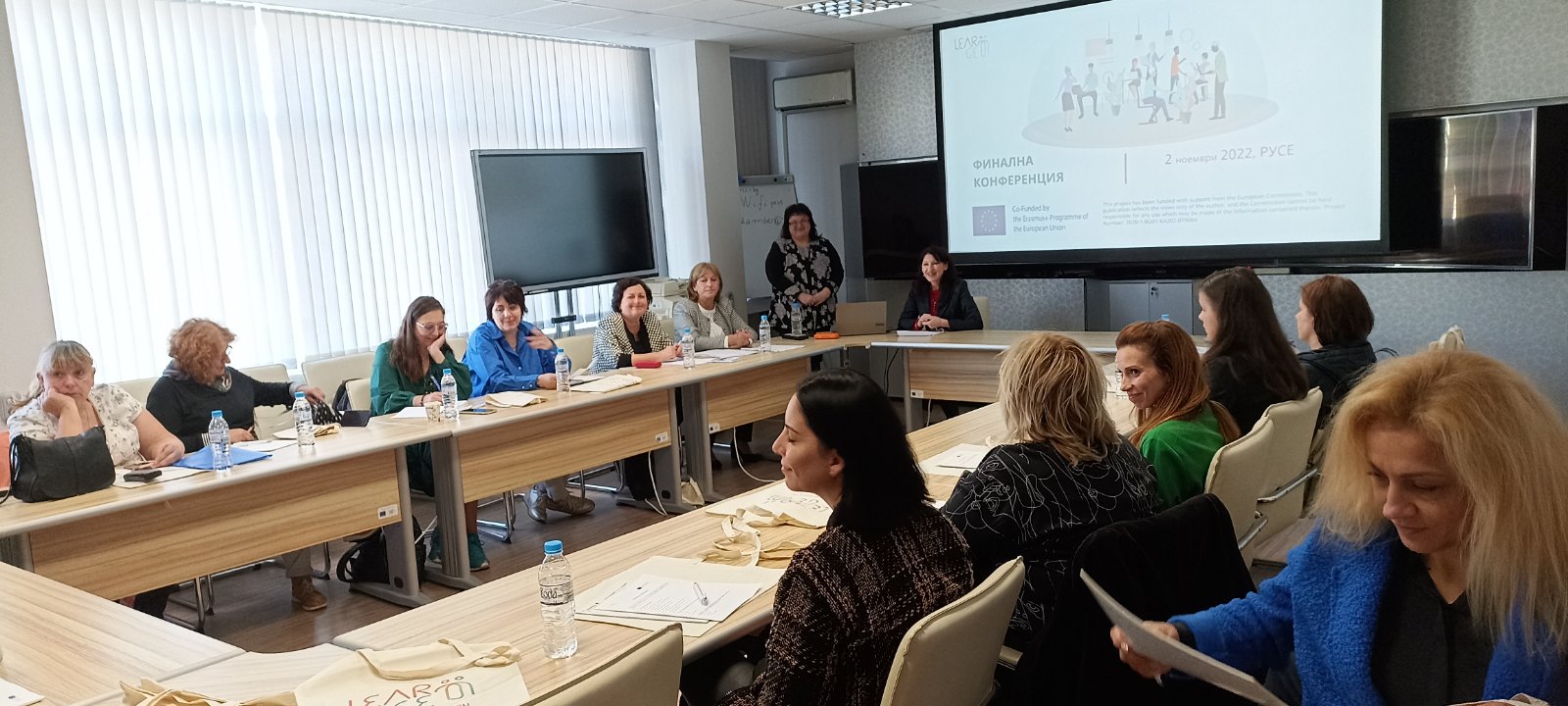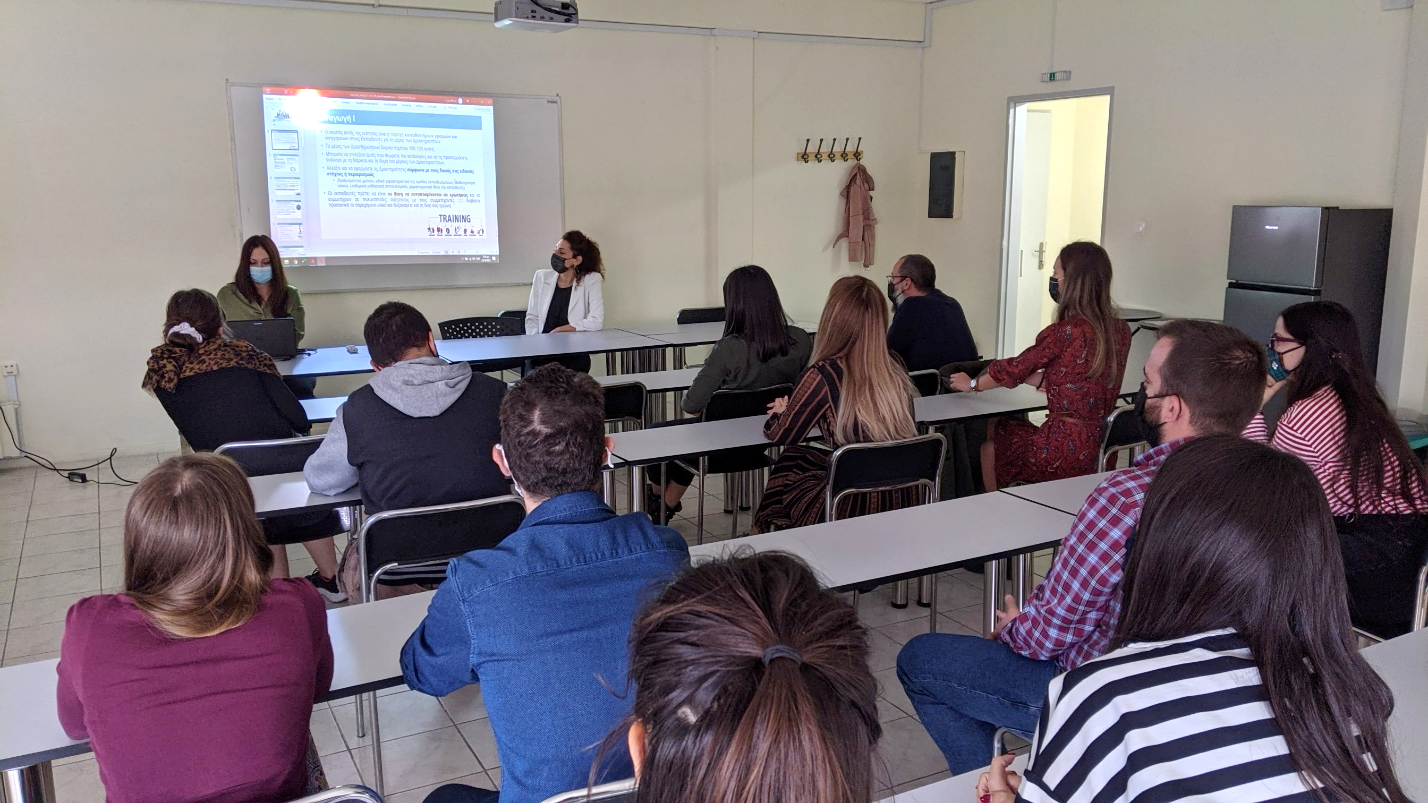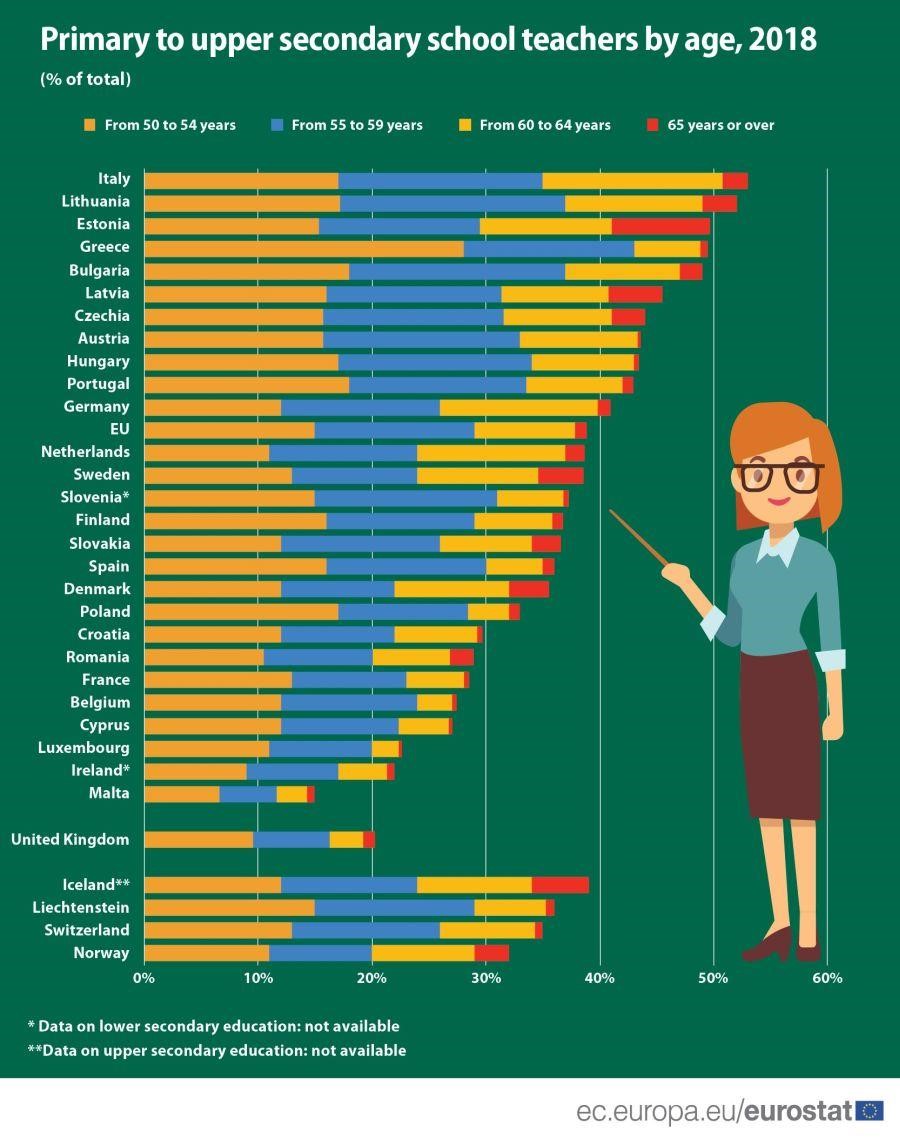The Digital Divide: Are intergenerational teams the way to breakdown age-related stereotypes?

In order to master the future challenges in relation to digitisation and demographic change in companies successfully, dealing with diversity and inclusion is inevitable. With the COVID-19 pandemic, teleworking quickly became a reality for many professionals and almost 2 years later, remote work is still an option in many companies. There is an increasing discussion about a digital gap between generations due to the central challenges of digitalisation and demographic changes in the world of work. Companies often assume that older employees are unable to face and react appropriately to the challenges of digital changes. These assumptions can have an adversely effect on job performance and the sense of belonging (Reiner et al., 2020).
The question arises whether the reason for the age-related digital divide in companies lies in differences in skills and experience of younger and older employees, or whether this divide can be seen as a prejudice and thus a social construction. The results of the pilot study of Reiner, Cloots and Misoch (2020, as cited in Reiner et al., 2020, pp. 235–236) show that the majority of respondents have a positive attitude towards digitalisation. The respondents attribute the perception of a digital divide to possible differences in experience and competence. Personal attitudes towards the provision of training measures in relation to digitalisation play a central role. However, sensitisation with regard to age discrimination and stereotyping is necessary to reflect and expand thinking habits and patterns of behaviour. “In addition to targeted measures, such as the implementation of intergenerational exchange and learning platforms, such opportunities for mutual learning can also be anchored directly in everyday business life, for example by consciously promoting intergenerational cooperation in the sense of mixed-age teams”. (Reiner et al., 2020, p. 236).
It view is echoed by EuroAgeism in its first published policy brief which sheds a light on ageism as a barrier to the adoption and use of digital technology in later life. One of the key messages from the brief is that in order to improve digital literacy and increase the use and adoption of digital technology among older persons, policy interventions need to focus on eliminating stereotypes, prejudice and discrimination based on age, rather than accepting ageing per se as a barrier to the use and adoption of digital technology. This has direct implications for the learning and development strategies within companies.
The European Commission’s support for the production of this website does not constitute an endorsement of the contents, which reflect the views only of the authors, and the Commission cannot be held responsible for any use which may be made of the information contained therein.
Project Number: 2020-1-BG01-KA202-079064
Privacy Policy






























